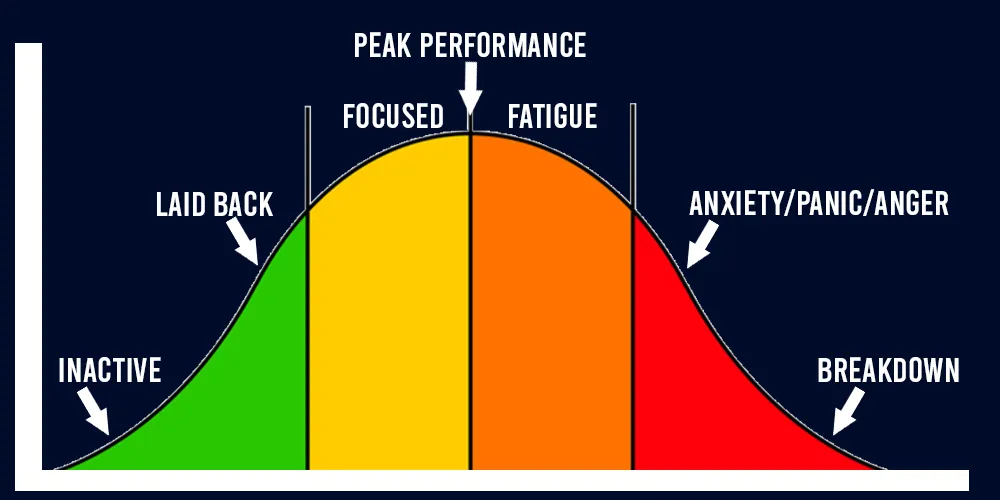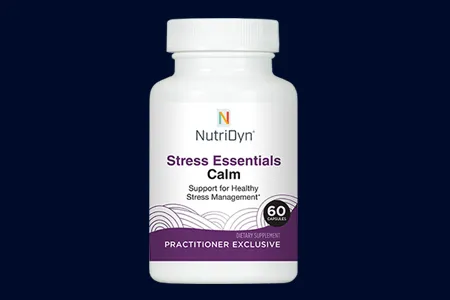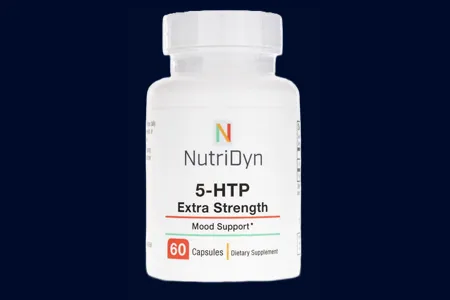Stress Management
The source of our stress is different for everyone. Completing a task that causes one person stress could be an enjoyable task for someone else. But while the triggers may be different, we all have similar stress responses.
When we encounter a difficult situation, our body elevates our blood pressure and heart rate. We gain our focus and we’re ready to take on the task at hand. In a way, a bit of manageable stress (for a short time) can help us achieve our peak performance at a task.
Unfortunately, when stress continues for too long, we become fatigued. That can lead to anxiety, and ultimately we could have a “breakdown” if the source of stress is not overcome or removed. Staying in a stressed state for a long time, or being chronically stressed can pose serious health concerns.
Learning the skills to cope with your stress can be difficult, but very worthwhile. Ensure you are eating healthy, getting enough sleep, doing hobbies you enjoy, and trying meditating if you never have.
Stress may just seem like “a part of life” but it has serious health concerns if it becomes a chronic issue. Take time for yourself so you can live a healthy and happy life.
Your family, friends, and co-workers will all benefit from a healthier “you” if you are not stressed out.

Your Not Alone, We Can All Work to Better Manage Stress
46%
of people ate too much or ate unhealthy because of stress (Mental Health Foundation, UK)
54%
of American workers report their workplace stress affects their home lives (OSHA)
76%
of American adults have reported stress impacted their physical health (American Psychological Association)
94%
of American workers report being stressed at work (American Institute of Stress)
How Does Stress Affect Physical Health?
The first physical signs of a stressful situation are often the feeling of your pulse quickening and your hands sweating. Your body has activated its fight or flight response.
When you’re stressed your elevated blood pressure and heart rate can help your body meet the physical demands of a difficult task. Your memory is better and you are more alert. In this way, our body is well-optimized to take on the challenge and move past it.
But the serious physical issues come with long-term or chronic stress. Having your blood pressure, heart rate, and even blood sugar, elevated because of a stressor that is out of your control or does not come to pass is dangerous.
You may feel physical symptoms like headache, muscle tension, chest pain, fatigue, and drowsiness. This can also increase your risk of developing serious health problems like heart disease, high blood pressure, diabetes, and other illnesses like depression or anxiety.
How Does Stress Affect Hormones?
Hormones are important to your stress response. When you enter a stressful situation, your body releases essential hormones, notably adrenaline, and cortisol. Adrenaline gives you the rush to take on the situation by increasing your heart rate and blood pressure. Cortisol increases your blood sugar.
Both of these hormones are not inherently bad, they play important roles and too little of them can be a problem. But chronic stress can keep these hormones elevated, and as a result maintain elevated heart rate, blood pressure, and blood sugar.
How To Manage Your Stress

Eat Healthy and Exercise
A healthy diet provides the extra energy your body needs to deal with stressful circumstances and may help manage cortisol.

Sleep at Least 7 Hours per Night
A regular sleep schedule improves your concentration, decision-making skills, and regulates your mood.

Meditate, Stretch, and Breathe
These activities can help focus your attention on the task at hand and block outside distractions.

Do an Activity You Enjoy
Activities we enjoy can help distract us from the stress in our lives and award us a much-needed break.
The Growing Problem in Stress in Our Lives
COVID and other worldwide events over the past few years have caused a substantial increase in reports of stress, anxiety, and depression. The World Health Organization reported the first year of COVID-19 (2020) saw a 25% increase in reports of anxiety and depression.
But the stress did not stop in 2020. The Stress in America 2022 survey results put out by the American Institute of Stress also paints a concerning picture.
Stress is increasingly prevalent in Generation Z, potentially more common than in any previously recorded generation. Data from Cigna published in 2022 showed 91% of adults ages 18 to 24 were stressed compared to an average of 84% of all respondents of any age. On top of this, 98% of Gen Z surveyed reported that they were dealing with symptoms of burnout.
Even amid headlines and stressors that may be outside of our control, it is important to disconnect and reconnect with the things that matter most to you.
Has Social Media Made Our Lives More Stressful?
Studies have drawn noteworthy connections between social media use and stress. It’s difficult to quantify and isolate a specific stressor in our lives. If you feel social media is causing you stress, take a few days or weeks off and see what a difference it makes. The assumed causes for stress from social media involve FOMO (fear of missing out), constantly comparing yourself to others, and simply increased exposure to news headlines, which themselves can be a stressor.
Supplements for Helping Manage Stress
Helps moderate occasional stress. Also may support cardiovascular, immune, cognitive, and joint functions.
Formulated with L-Theanine and gamma-aminobutryic acid (GABA). These two ingredients act as natural calming agents by increasing levels of GABA in the brain.
5-HTP readily crosses the blood-brain barrier, and is effective for increasing serotonin levels in the brain. Serotonin is often touted as the “feel good” neurotransmitter due to its positive effects on mood.

Phone: (320) 251-2600
Fax: (320) 251-4763
Email: info@integracareclinics.com
Clinic Hours: M/W 8am-6pm & Tu/Th/F 7am-5pm
Copyright 2024, Integracare LTD, All Rights Reserved. Information on this website should not be regarded as medical advice.



